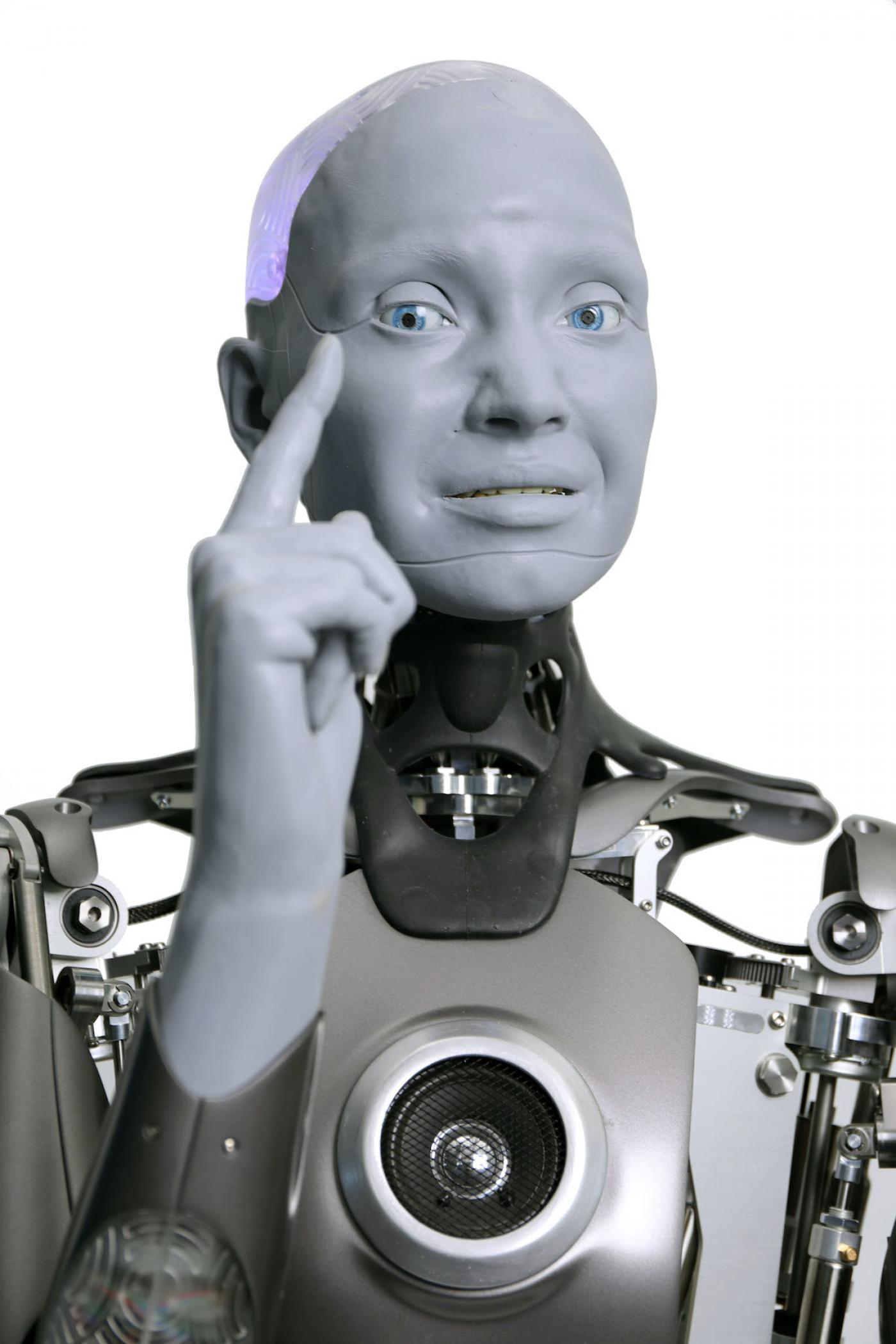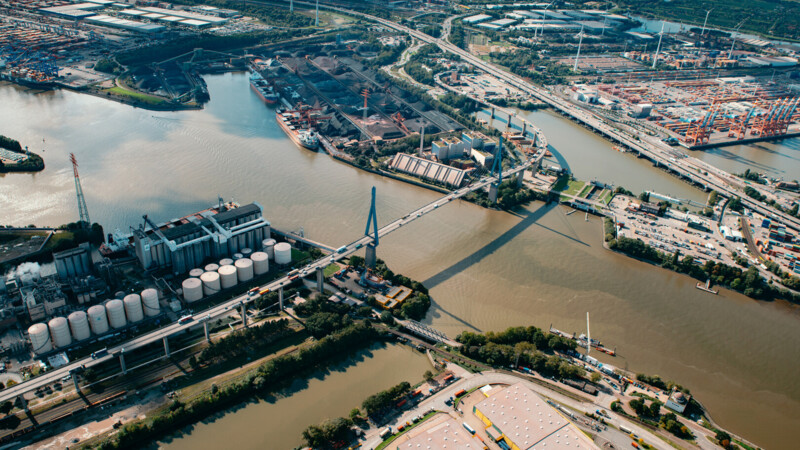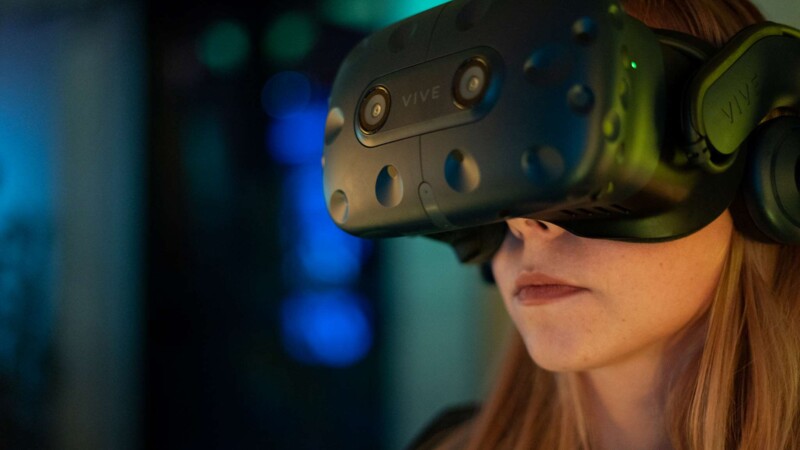The metaverse phenomenon has been on people's lips ever since Facebook renamed itself Meta last year. But what exactly is metaverse? Although there is no standard definition, it is essentially a virtual reality space in which users and businesses interact with a computer-generated environment as avatars using AR and VR equipment. The rules of the game have yet to be defined, according to Sohnemann, and expressed hope that metaverse will become a "one-stop shop for everyone" rather than something in the domain of individual companies. Meta, for instance, sees the "3D internet" mainly as a VR community. Snapchat (Snap Inc.), on the other hand, has already developed everyday augmented reality headsets for metaverse.
The overriding trends of sustainability and digitalisation are like to last well into the 2030s. And topics such as AI, cloud services, 5G and automation will remain important drivers of innovation, according to Nick Sohnemann, CEO of Future Candy in Hamburg. Five new technology trends are expected to make waves in 2022. The following is a brief overview.
1. Metaverse
2. Mental health
Although wearables such as smart watches are common, the focus is now turning to mental health driven by the pandemic and its repercussions. Mental health is a "big growth market with different target groups," said Sohnemann. New apps and sensors can uncover depressive behaviour patterns or early signs of Alzheimer's. Mattresses that track a person's pulse, breathing and sleep phases use integrated sensors and AI to automatically adjust firmness, temperature to improve sleep are now on the market. Biowearables will soon be able to track data such as lactate or glucose levels to enable an even more detailed, personal health analysis.
3. Next Gen Roboter
Vor dem Hintergrund von Covid-19 seien die Ausgaben für Technologie in den eigenen vier Wänden „enorm angestiegen“, sagt Nick Sohnemann. Nachdem App-gesteuerte Waschmaschinen, smarte Kühlschränke und Staubsaugerroboter schon längst den Weg in unseren Alltag gefunden hätten, stehe die nächste Generation von Haushaltsrobotern vor der Tür. Diese sollen mit Armen und Rädern ausgestattet sein, und versprechen laut Herstellern eine vielseitige Unterstützung. Darüber hinaus wurde Anfang Januar auf der Consumer Electronics Show (CES) in Las Vegas ein humanoider Roboter der neuesten Generation vorgestellt, vom britischen Unternehmen „Engineered Arts“. Mithilfe von KI ist „Ameca“ in der Lage, Konversationen zu führen – mit Gestik und Mimik.
4. Sustainable Tech/Green Tech
Der Klimawandel ist und bleibt einer der drängendsten Herausforderungen überhaupt. Zahlreiche Tech-Unternehmen wetteifern, um die Produktion, Nutzung und Lebenszeit ihrer Produkte möglichst „grün“ zu gestalten. Der Initiative „The Climate Pledge“, unter anderem von Amazon ins Leben gerufen, haben sich laut eigener Aussage bereits über 215 Unternehmen aus mehr als 25 Branchen in über 20 Ländern angeschlossen. Die Mission: Bereits 10 Jahre früher als geplant sollen so die Ziele des Pariser Klimaabkommens erreicht werden. Die partizipierenden Unternehmen sind dazu aufgefordert, bis 2040 CO2-neutral zu sein. Seit November vergangenen Jahres ist beispielsweise auch die Jungheinrich AG, Intralogistik-Spezialist mit Hauptsitz in Hamburg, Teil der Bewegung.

5. Enterprise AI
The world of B2C technology is way ahead of B2B. Many employees have better hardware at home than in the office. AI by Google or Apple sorts snapshots or analyses of physical activities effortlessly on mobile phones. Such technological features are likely to gain momentum in the B2B sector this year, Sohnemann predicted. The norm will see devices from machines to company cars connected to a 5G network and a cloud. The data will then appear on a so-called business intelligence (BI) dashboard.
sb/kk/pb
Sources and further information
More
Similar articles

Four trends predicted in media and digital industry this year

EUR 15 million for digital test field in Port of Hamburg

